Ambiguity Aversion in Medicine
Consider a patient with brain cancer who has to make a treatment decision with her doctor. The first option is radiation therapy. This is a more traditional treatment with plenty of data available. Although outcomes are never certain, the patient can establish some expectations based on her age, general health, and tumor type and location. The doctor gives her approximately a 50% success rate of halting the growth and spread of the tumor.
The second option is an experimental surgery she qualifies for. There is no reliable data on this treatment yet, but the doctor says that the surgery could potentially eliminate the tumor completely. However, he is unable to provide a reliable probability of success and unforeseen complications she might experience during or after the surgery. In this case, although the patient has the potentially high benefit of eliminating brain cancer with surgery, the high degree of uncertainty leads the patient to choose the radiation treatment instead.
Undeniably, this is a complex and heavy example so a simple heuristic hack won’t do here. Instead, it would be most helpful and compassionate if the doctor and patient had an open conversation about the risks and benefits. Perhaps the patient can talk to others going through the experimental surgery or speak to a number of experts in the field of brain cancer treatment. She will never be able to eliminate the unknowns, but armed with more information she can feel more prepared to make this difficult decision based on logic and not fear of unknowns.
 Blog posts
Blog posts Newristics
Newristics
 11 November 2022
11 November 2022
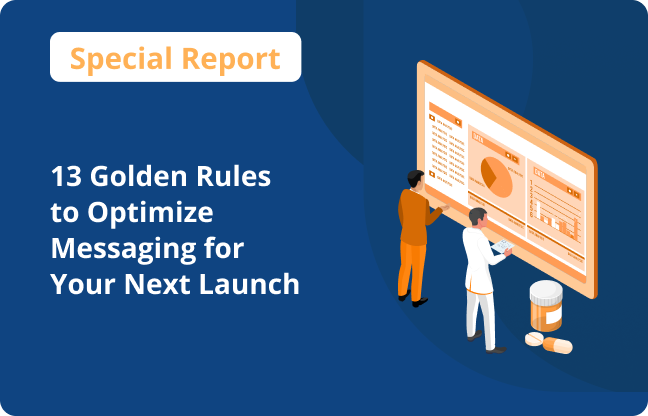
 Back
Back Share
Share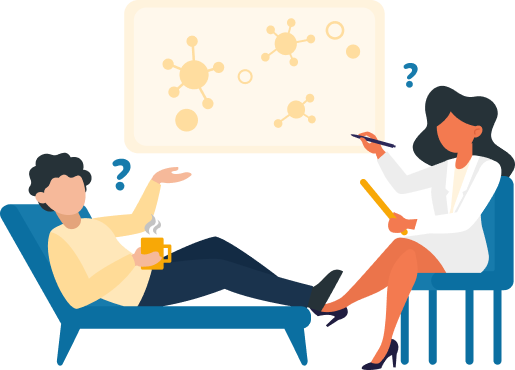






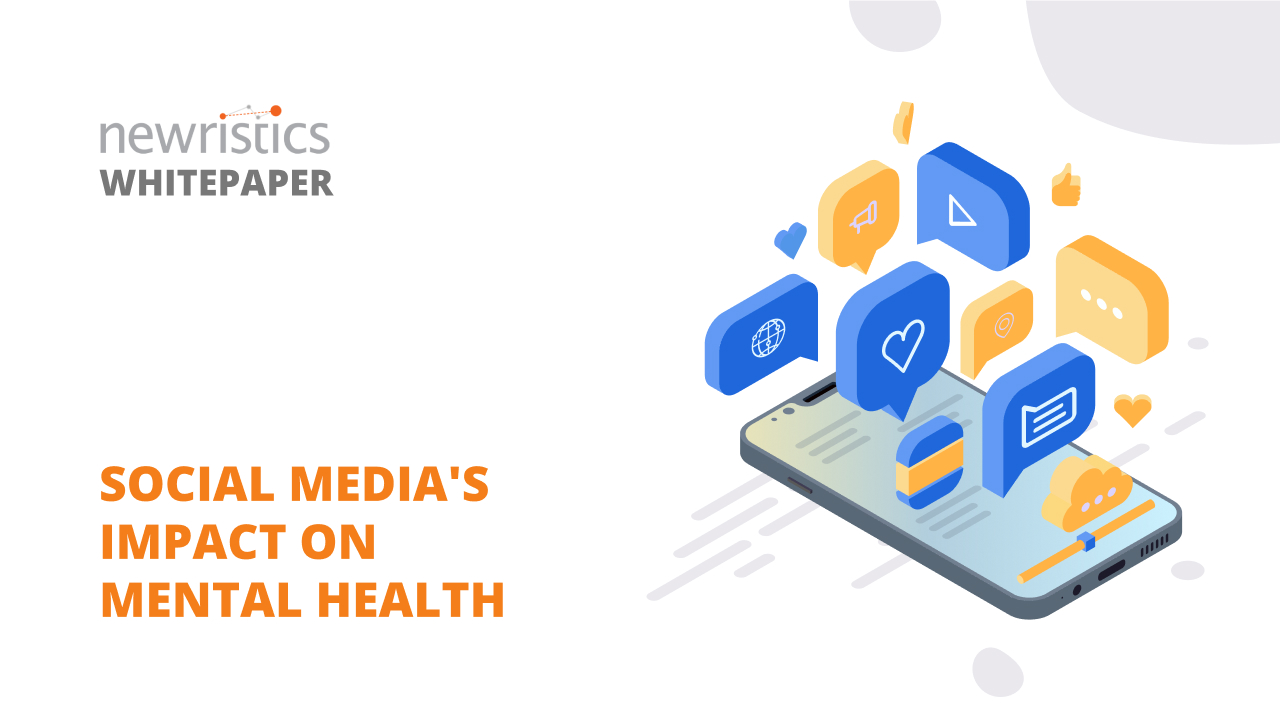
 Whitepapers
Whitepapers
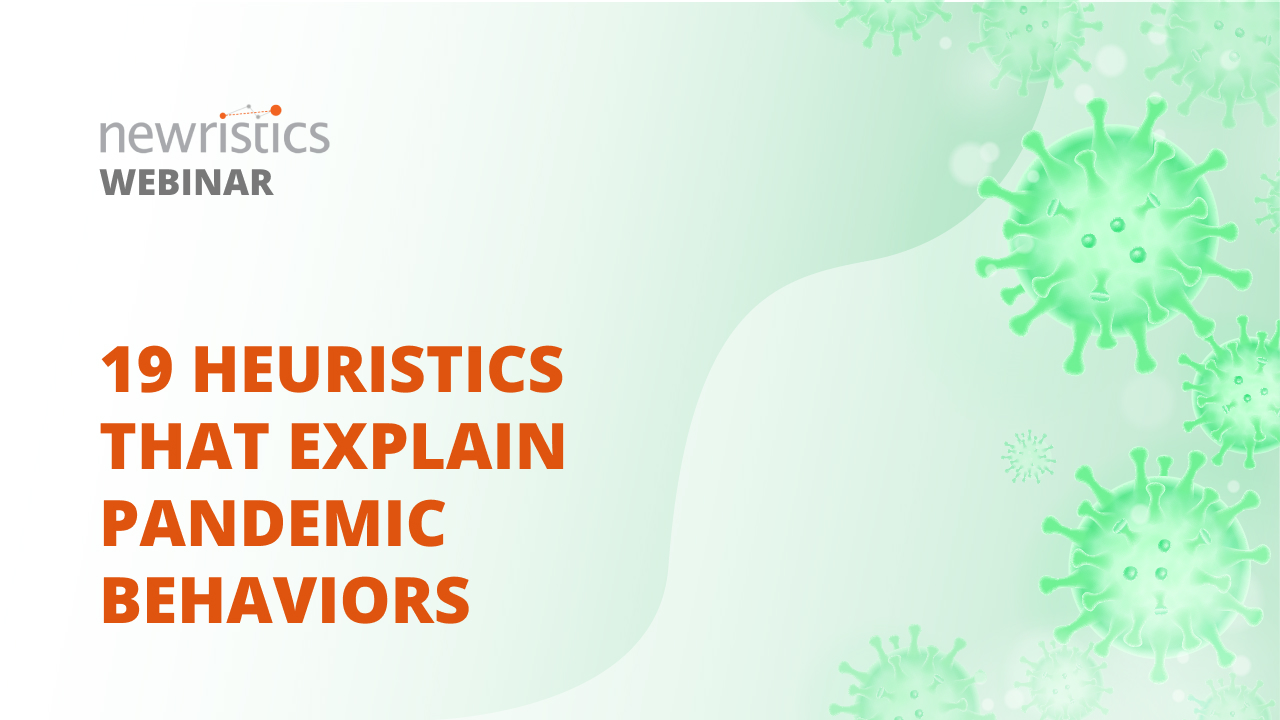
 Webinars
Webinars
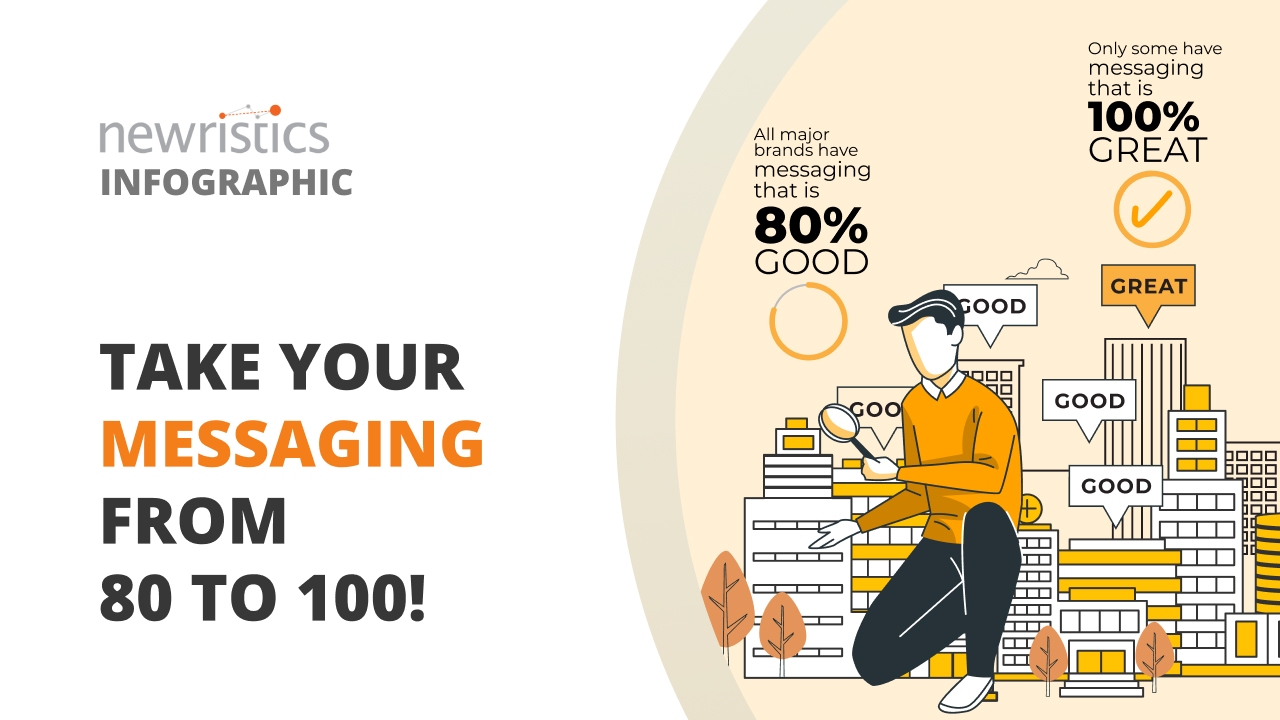
 Infographics
Infographics



